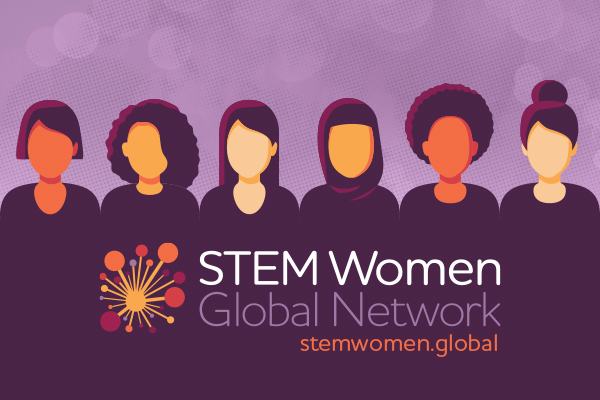In conversation with Hannah Vardy

Hi Hannah, thanks for chatting with us!
What sparked your interest in wanting to explore STEM as a field of study?
I’ve loved STEM for as long as I can remember. From learning about air resistance by building paper planes in primary school, to running fascinating chemistry experiments and learning about quantum physics in Years 11 & 12, I’ve always been inspired by STEM’s capacity to enlighten the world around us and to build solutions that can improve people’s lives.
Where do you hope your STEM journey might take you?
I’d love to work in a field that is at the cutting edge of STEM, be it medical research or climate science, or help translate the newest breakthroughs in STEM into language the public can understand. In order to combat the challenges we are currently facing, we need the research and evidence that STEM provides, but also translation of that research to help the public see its value, or in the case of issues like climate change and COVID, why changing their behaviour is beneficial for local and global communities alike. I’m also hoping to work in the policy areas of STEM, helping researchers commercialise their research so it can be beneficial to the broader community, or helping governments decide which climate technologies to invest in for example.
Who are some of your STEM role models?
I’m a big fan of Dr Cathy Foley – her research into superconductors and quantum technology is fascinating, and she has made massive strides in promoting gender equality in physics and STEM more broadly across her career.
I also admire Katalin Karikó’s career – her work in the 1990s in developing mRNA technology was considered hopeless by many in the scientific community, and she faced constant rejections of her research. However, she was sure that it could be useful in fighting disease in ways traditional vaccines couldn’t, and after 15 years, the research team made a breakthrough that would later become essential in the fight against COVID-19.
Could you share 2 or 3 recommended reads or podcasts that you think would be of interest to others interested in STEM?
I have a few book recommendations:
- Brilliant Blunders by Mario Livio – a book about some of the mistakes made by scientists such as Darwin, Einstein and Pauling that led to paradigm shifts in our understanding of the world around us.
- The Science of Fate by Hannah Critchlow – a fascinating book about how our unconscious psychology and neurology can restrict our free will.
- The Genes That Make Us – a book about the science and human stories behind genetics and the human genome.
What would you say to other girls and young women considering a STEM journey?
I would say go for it! The world of STEM is incredible, and it can help you understand how the world around us works in the most interesting ways, as well as open up a wide array of fulfilling and fascinating career paths.
I attended the NYSF Year 12 Program in 2021 and came back to help out on the program as a Student Staff Member in 2022. I loved my experience with the NYSF, and I’d implore anyone passionate about STEM, particularly young women and non-binary people, to apply!

 Resources and Opportunities
Resources and Opportunities Women in STEM Champions
Women in STEM Champions